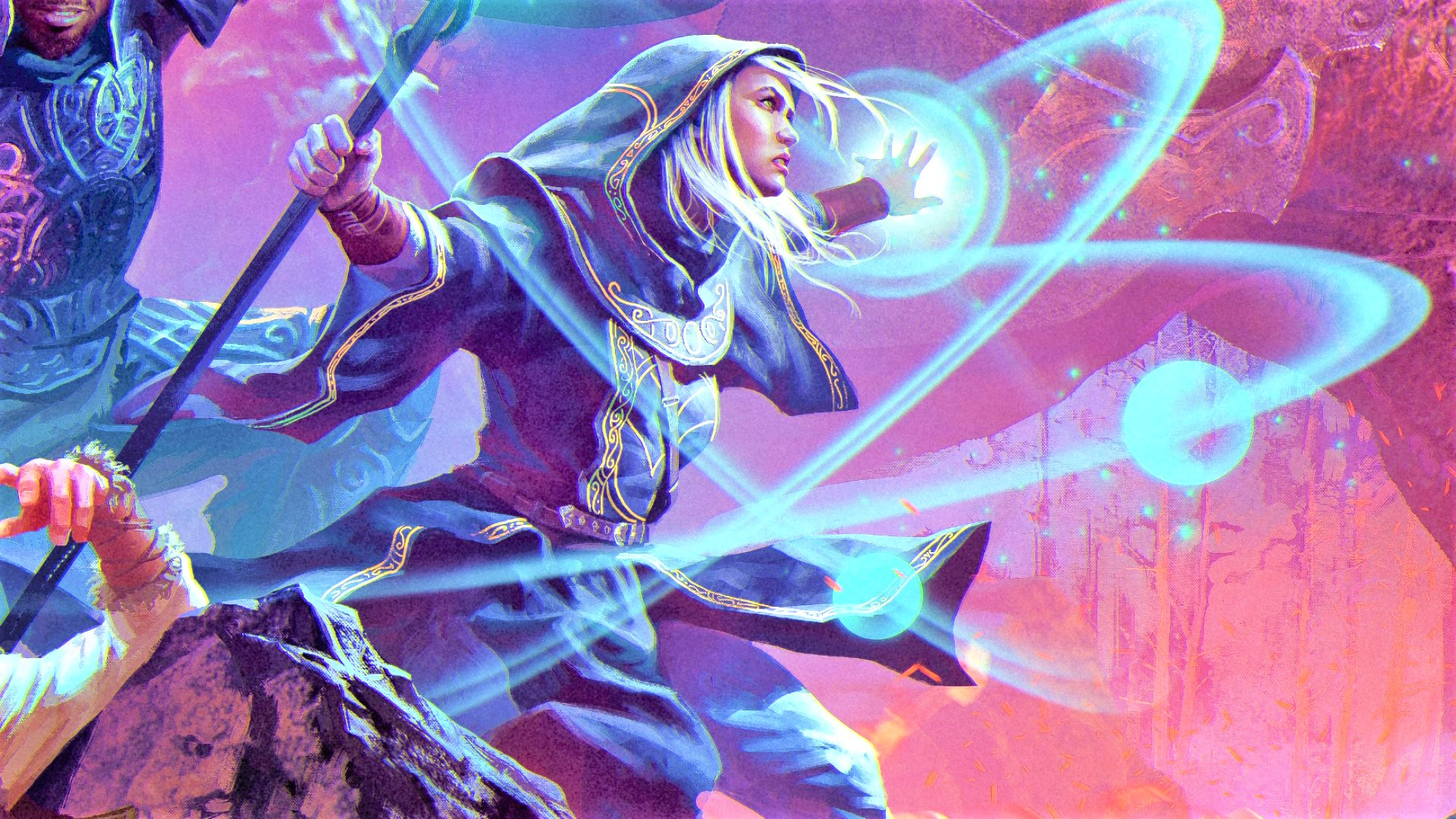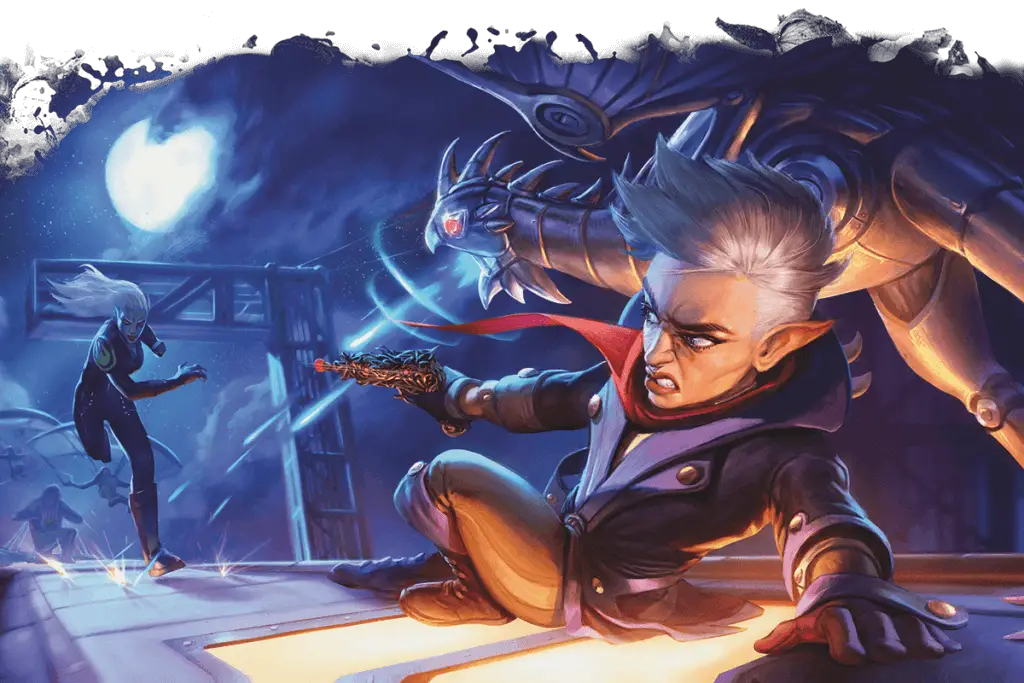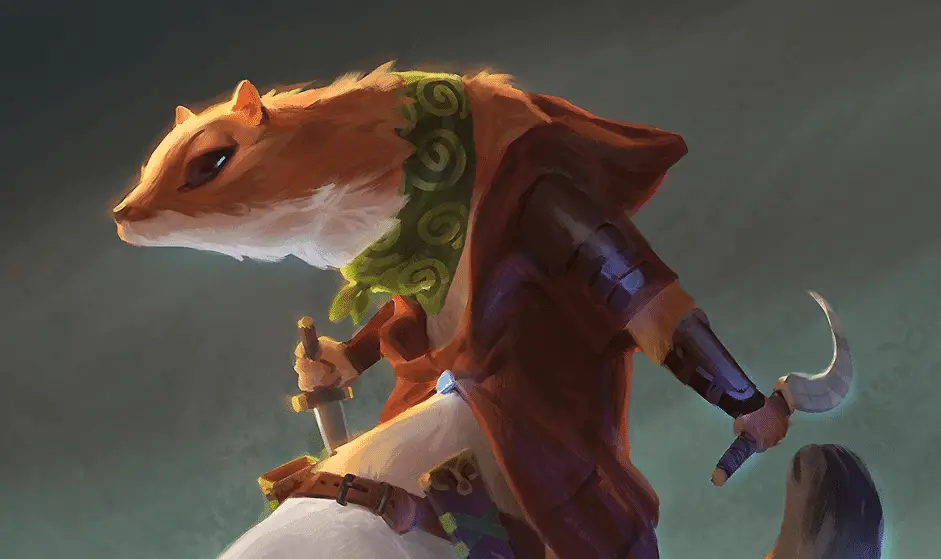Greetings, ambitious adventurer! In the enchanting realm of Dungeons & Dragons, feats are your opportunity to further specialize and enhance your character's abilities beyond their class features. In this guide, "Feats: Specializing and Enhancing Abilities," we'll delve into the intricacies of feats, their significance, and how they contribute to your character's growth.

Understanding Feats in D&D
What are Feats?
Feats are special abilities that allow your character to gain unique advantages, specialize in certain areas, and showcase their exceptional skills.
How Do Feats Work?
Feats provide an array of options that grant your character specific bonuses, capabilities, or unique traits.

How Feats Work in D&D
Feat Selection:
Characters can select a feat instead of increasing their ability scores when they reach certain levels.
Feat Benefits:
Feats provide various benefits, such as increased statistics, improved skills, and unique actions.

Customization:
Feats allow you to customize your character's development based on their narrative and role in the party.
The Role of Feats
Specialization:
Feats enable characters to specialize in specific areas, emphasizing their unique strengths and playstyle.
Versatility:
Feats enhance versatility by introducing new options and strategies to your character's toolkit.

Exploring Common Feats
Sharpshooter:
This feat allows characters to ignore cover, make long-range attacks without disadvantage, and deal extra damage.
Lucky:
Lucky characters can reroll dice rolls for attacks, ability checks, or saving throws, increasing their chances of success.
Mobile:
Characters with the Mobile feat gain increased speed, the ability to move through hostile creatures' spaces, and avoid opportunity attacks.

Organizing D&D Campaigns via a Calendar
Efficiently organizing your D&D campaign is crucial for a smooth experience. Utilizing a calendar can help you assign roles, select players, and coordinate sessions seamlessly. Here's how:
- Assigning Roles: Designate roles such as DM, players, and potentially co-DMs. A calendar helps clarify responsibilities and ensures everyone is on the same page.
- Selecting Players: Use the calendar to schedule sessions that accommodate your players' availability. This prevents scheduling conflicts and maximizes participation.
- Session Planning: Organize campaign events, major plot points, and key sessions on the calendar. This allows you to plan well in advance and maintain a cohesive narrative.
- Resource Sharing: Share campaign materials, maps, and character sheets through the calendar to keep everyone informed and engaged.
For guidance on creating events in Discord, refer to this step-by-step guide.
External Resources
To deepen your understanding of feats in D&D, explore these external resources:
- D&D Beyond - Feats: A comprehensive list of feats, their descriptions, and rules. Read the Guide
- Our Top Ten Feats in Dungeons and Dragons 5e
- 5e Feats for Dungeons and Dragons Watch this video
- Taking20 - D&D 5e Feats Explained: An in-depth exploration of various feats and their impact on gameplay. Watch the Video
- The Best Feats in Dungeons and Dragons 5e - Ranked Explained by Taking20 in this video
Example: Sharpshooter Feat
Scenario: Your character, a skilled archer named Elara, has the Sharpshooter feat.
Benefit: Elara can ignore half and three-quarters cover, make long-range attacks without disadvantage, and take a -5 penalty to attack rolls for a +10 bonus to damage.
Embark on the Path of Feats
With this guide, you're now prepared to embrace the power of feats in your Dungeons & Dragons adventures.
As you delve into the realm of feats, your journey through the captivating world of Dungeons & Dragons becomes a tale of unlocking unique potential and mastering your character's path to greatness.




